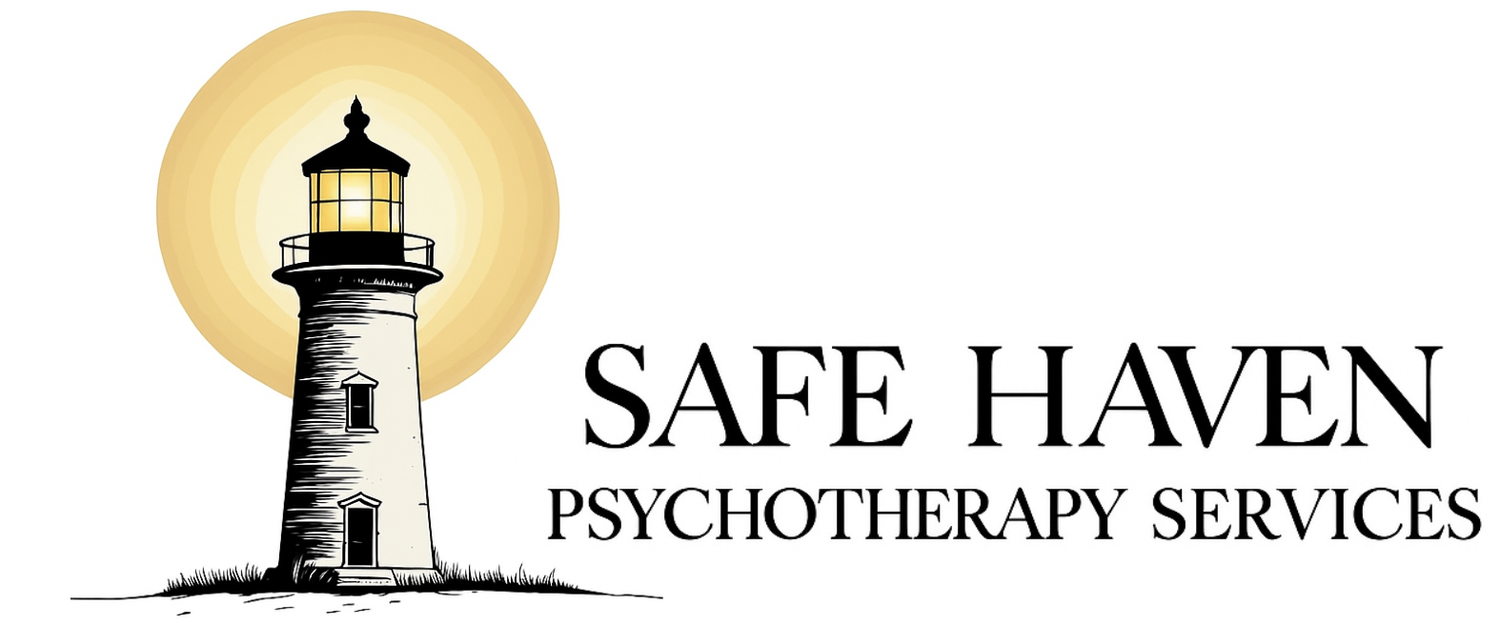Home > Services > EMDR
EMDR Therapy in Norwell, MA
And Virtual Through All of Massachusetts
Looking for EMDR therapy? You've found the right place. I will help you process trauma and find healing through guided eye movement.
How Eye Movement Desensitization & Reprocessing (EMDR) Therapy Can Help You
Release What’s Stuck
EMDR helps your brain process and let go of distressing memories that feel frozen in time, so they no longer hijack your present.
Reduce Triggers & Overwhelm
By targeting the root of trauma responses, EMDR lowers emotional reactivity, helping you feel calmer, safer, and more in control.
Reclaim a Sense of Self
Trauma can disconnect you from who you are. EMDR supports you in reconnecting with your identity, values, and inner strength.
You’ve Moved On—But Your Body Still Remembers
You might look like you have it together, showing up for others, staying focused, doing the work. But inside, you're carrying moments that haven't fully let go of you. Maybe it’s the images that flash unexpectedly, the tension that never eases, or the way your mind goes blank when you try to talk about it.
As a helper, you’ve had to compartmentalize just to get through. You’ve learned to put your emotions aside, to be the strong one, to move on before you're ready. But the nervous system doesn't forget. And what hasn’t been processed doesn’t just disappear; it shows up in your sleep, relationships, and in how safe (or not) you feel in your own skin.
EMDR offers a way to gently reprocess those experiences, so they no longer hijack your body or define your present. Together, we’ll help your brain do what it’s designed to do: heal.
What is EMDR Therapy?
EMDR (Eye Movement Desensitization and Reprocessing) is a structured, evidence-based therapy that helps people heal from the emotional wounds of trauma without having to talk through every detail. It works by activating the brain’s natural ability to reprocess distressing memories, using gentle eye movements or other forms of bilateral stimulation.
Originally developed to treat PTSD, EMDR is especially effective for helping professionals exposed to chronic stress, crisis, or trauma. It reduces the intensity of painful memories, eases emotional triggers, and creates space for new, healthier beliefs to take root, so you can feel safer in your body, clearer in your mind, and more grounded in the present.
When you spend your life helping others, you learn to put your own needs on hold to keep moving, to stay strong, to carry on no matter what. But those unspoken memories, the ones you’ve tucked away to survive, can start to feel heavier over time. You may find yourself reacting to things you don’t understand, feeling on edge, or stuck in a loop you can’t break.
That’s exactly why I created this space… to support helpers like you who are tired of feeling overwhelmed, burned out, or stuck. I specialize in working with first responders, nurses, teachers, and caregivers who have faced trauma and need a compassionate, gentle approach to healing.
Using EMDR, we can help your brain and body process what’s been holding you back, without needing to retell every painful detail. This is a judgment-free zone where your whole self matters, not just your professional role. I’ll be here with you every step of the way.
Why Choose Safe Haven Psychotherapy Services?
A Brighter Future Beyond Trauma Is Within Reach
With EMDR, you may begin to experience:
Feeling calmer, more grounded, and in control of your emotions.
Engagement in meaningful activities instead of being overwhelmed by past pain.
Reconnection with yourself and the people who matter most.
Healing from trauma isn’t instant, but with dedication and compassionate support, it becomes possible. Imagine a life where trauma no longer controls your story. That future is waiting, and I’d be honored to help you step into it.
Frequently Asked Questions About EMDR Therapy
Curious about what EMDR therapy looks like? Here are answers to some of the most common questions to help you feel more confident about taking the next step.
-
EMDR helps your brain do what it naturally does during REM sleep—process and store memories in a healthy way. When trauma occurs, the brain sometimes gets “stuck,” and those memories continue to trigger emotional or physical distress. EMDR gently helps unstick them so they can be filed away, without losing the lessons but letting go of the pain.
-
Not at all. While EMDR is well-known for treating PTSD, it’s also helpful for anxiety, grief, chronic stress, medical trauma, burnout, performance anxiety, and negative self-beliefs. I often use EMDR with helping professionals who’ve experienced long-term exposure to others’ trauma.
-
It varies from person to person. Some clients feel significant relief after a few sessions, while others benefit from longer-term work—especially if there’s complex or developmental trauma. We’ll go at a pace that feels safe and respectful to your system.
-
No. EMDR doesn’t erase your memories—it helps them lose their emotional charge. You’ll still remember what happened, but it won’t feel as distressing or consuming.
-
Yes. Many of my clients—especially caregivers and first responders—come in feeling shut down, exhausted, or disconnected. EMDR can help reconnect you with your emotions, your body, and a deeper sense of self, without pushing you past your limits.




